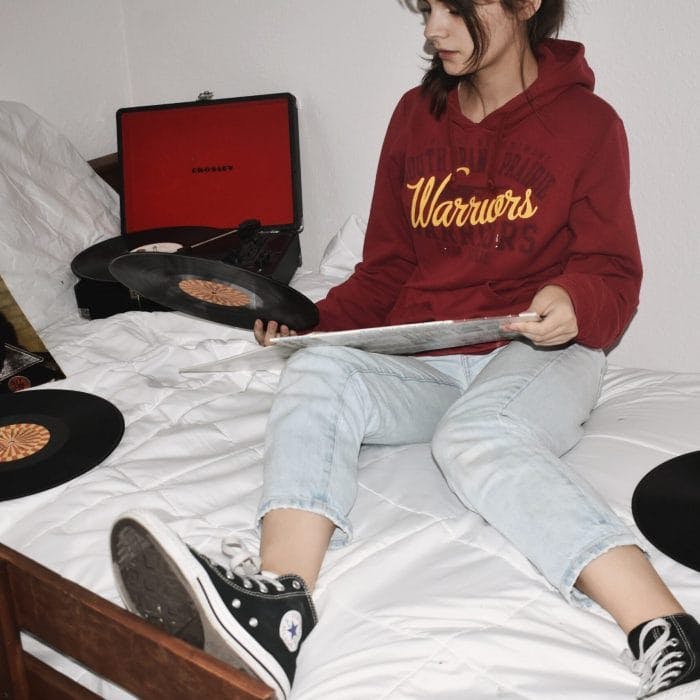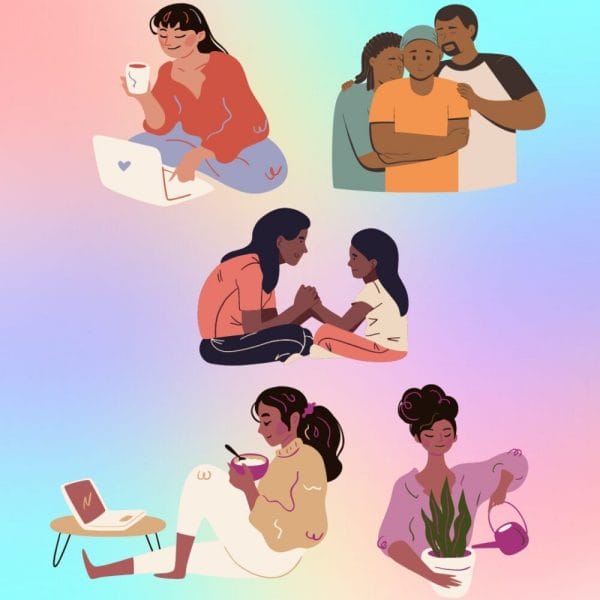When Hopelab and Well Being Trust agreed to sponsor this much needed survey analyzing the complex relationship between social media use and mental well-being, I was eager to see the insights, not only in my role at Hopelab but in my role as a mother. I have a number of years to go until my daughter hits adolescence, but judging by how fast the last three years have gone, I know it will be here before I know it. Frankly, I’ll take any insight into how to navigate those years . . . Adolescence was tough for me and I struggled with periods of deep depression. I was embarrassed by these feelings and felt like I couldn’t really share them with my friends or family. It was a very lonely time and I often felt very isolated in my dark feelings of despair.
I’m not part of GenZ who has grown up with full access to the internet. The squeal and beep of dial-up modems hit our household when I was in the final years of high school. It wasn’t something we relied on for communication, research, or entertainment. It was something my father used in his home office. I remember my freshman year of college the librarian taught us how to do Google searches! Now, I’ve really dated / embarrassed myself. I’m even laughing at the absurdity of having to teach someone how to search for something on Google – which is pretty much just muscle memory at this point!
One of the biggest insights in this report is really that teens and young adults experience moderate to severe symptoms of depression are turning to the internet for help. Nearly 90% of those surveyed are researching mental health issues and 75% are accessing other people’s health stories through blogs, podcasts and videos. This is powerful. Not just what we do with this information – it’s powerful that young people are taking their mental health into their own hands, learning more about symptoms, causes, and possible treatments. I think it’s even more interesting that they are so interested in the health stories of others.
***
It’s not really surprising though. When you’re depressed you often feel like no one understands you. To hear actual stories of how people dealt with the same emotions, to learn about what treatments are available, to hear what a therapy appointment might be like – that might be compelling enough to encourage you to seek out help.
This is a big opportunity area for health systems, for advocacy organizations, and for social innovators, like Hopelab. It seems like there is an abundance of promise in thinking about designing health interventions in the peer-to-peer space. My hope is that this report is yet another catalyst to keep this important conversation going. If we can work on improving the mental health of young people, giving them tools to help them cope throughout their whole adult life, I firmly believe my daughter’s generation will be one of the healthiest yet.




